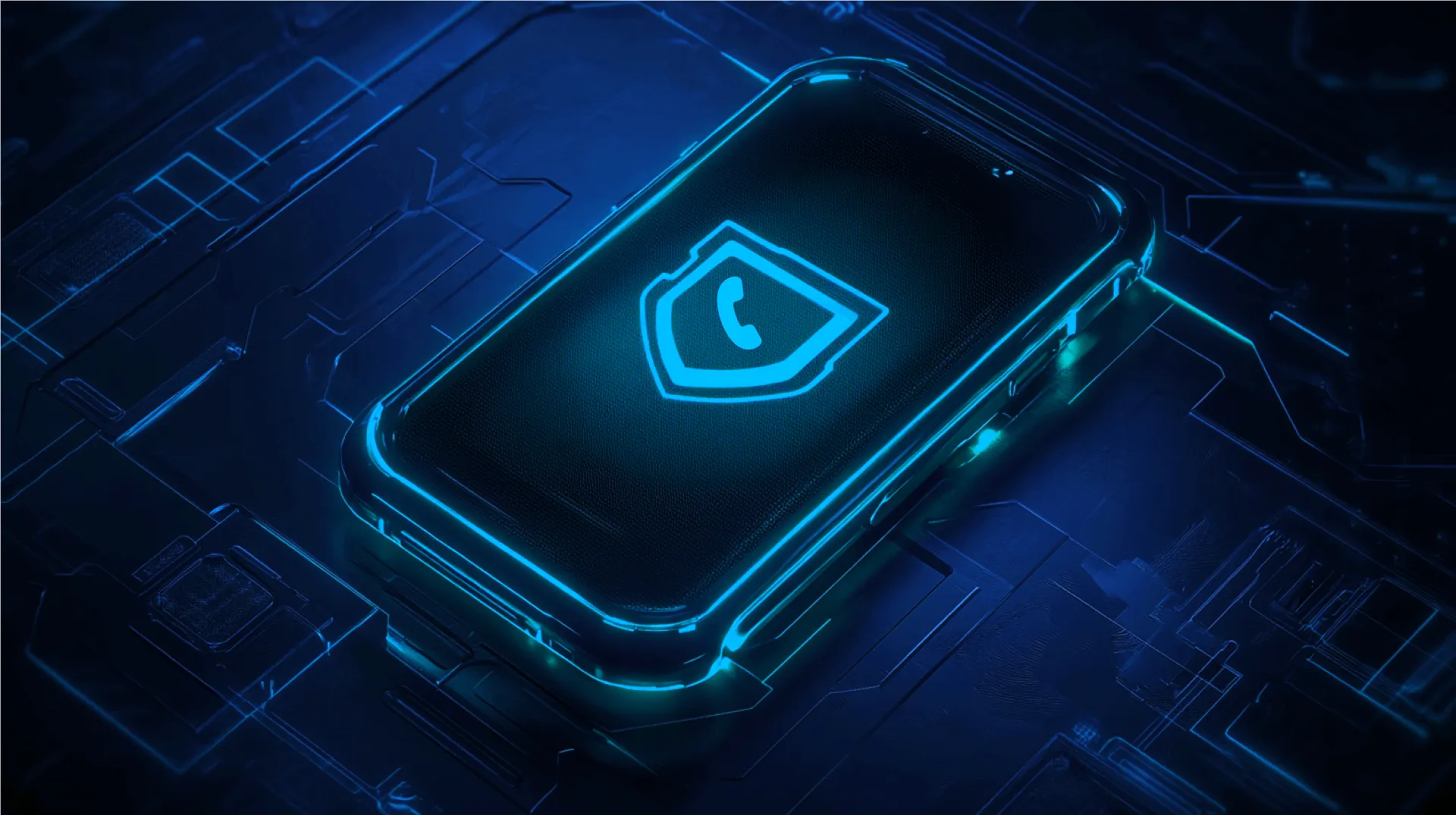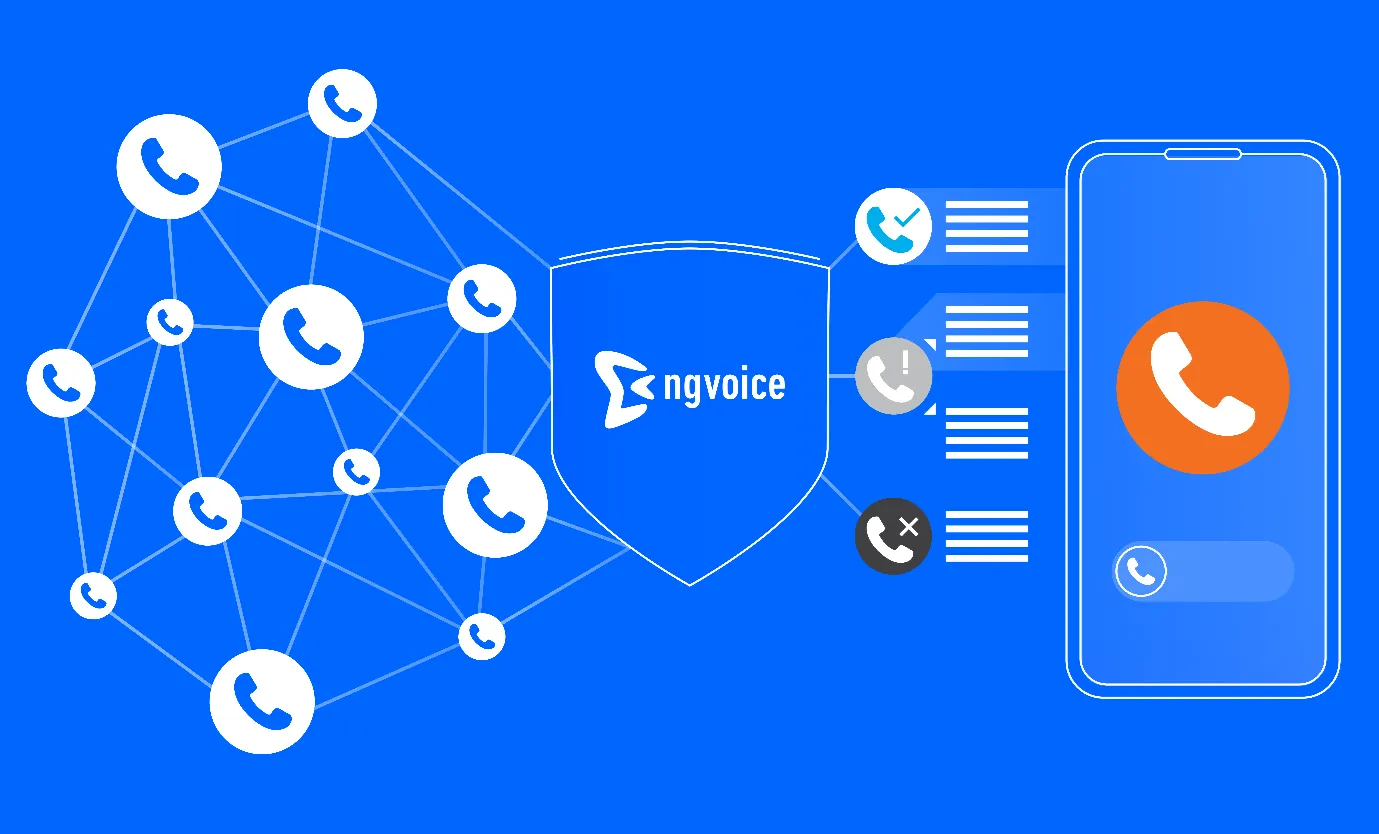

Let’s start with some basic definitions. A “robocall” is one that transmits pre-recorded messages using auto-dialling software. Millions are delivered every day - 2700 per second, according to some sources [1]. It’s suggested that users receive almost one such call or text every day. Other estimates have been much higher, with one estimate as high as 17 spam calls per user per day in the US [1]. But US consumers received just under 4.5 billion robocalls in August, which represents a 12.2% decrease over August 2023. In addition, for the first eight months of this year, there have been 34.3 billion robocalls, down just over 9% from the 37.9 billion robocalls seen through August 2023 [2].
Well, that’s telemarketing, and it’s part of the business model of the industry. Like advertisements on the web it helps pay for the service. Except that robocalls also provide the ideal platform for criminal scams. These have successfully defrauded consumers of billions of dollars annually. Consumers in the US have lost USD 65 billion to scam calls as of December 2023. In Britain the Pension Scams Industry Group, a voluntary body set up to tackle pension scams, estimates that since 2015, 40,000 people have lost up to £10 billion in pension savings as a result of pension scams [3].
And the scam call is undermining the overall business of telephony, as well as the potential for legitimate telemarketing. Callers are increasingly unwilling to answer calls from unknown numbers, with some 75% saying they won’t [4]. This is part of a bigger overall decline in phone calls. In 2008 people in Britain spent 256 million minutes on phone calls. That fell to 225 million in 2012 and to 202 million by 2022.
To help mobile network operators address this problem, ng-voice is proud to present the latest feature addition to its cloud-native IP Multimedia Subsystem (IMS): Call Shield. This new feature redefines how ng-voice secures and manages incoming calls and introduces an essential layer of authentication so as to enhance the security of user calls and provide robust protection against unwanted and spam communications.
Effective list management plays a key role in determining who can access and interact within a system. ng-voice's Call Shield feature includes an advanced list management system consisting of three essential lists: Whitelist, Blacklist and Graylist. Each list serves a specific purpose in strengthening security and providing administrators and users with granular control over the communications environment.
Whitelist: This acts as a designated space for trusted numbers. Any number on this list will enjoy seamless access, free from challenges during the authentication process. This ensures that authorized and trusted individuals can make calls without hindrance, streamlining communication for a more efficient experience.
Blacklist: Numbers flagged in this list are automatically blocked, preventing unwanted calls from connecting. The Blacklist adds an extra layer of security, ensuring a safer and more focused communications environment.
Graylist: Numbers on this list are challenged during the authentication process, adding an extra layer of verification. Verification requires the actual user to listen to the challenge and enter the correct digits. By forcing user involvement in the verification process and making it human-centric, the Graylist effectively prevents automated bots and other designed software from gaining unauthorized access to customers' incoming calls.

The combination of these lists increases the level of security and control of the communications system. By segregating callers based on these lists, the system ensures a streamlined and efficient communications experience. Authorized individuals experience seamless access, while unwanted or suspicious callers are appropriately blocked or authenticated as needed.
Administrators have the flexibility to configure whether to repeat challenges after a successful authentication, providing adaptable security measures based on specific needs.
Beyond its core functionality, the ng-voice Call Shield feature acts as a robust defense against robocalls and unsolicited calls. Using the Blacklist and Graylist, the ng-voice Hyperscale IMS Solution intelligently blocks these unwanted calls, enhancing security and providing a safer, more private calling experience. The ng-voice IMS system API allows easy management of the numbers in the lists.
Built on a Kubernetes platform, the ng-voice Call Shield component harnesses the power of cloud-native functionality. From stability and scalability to self-healing mechanisms and other cloud-native features, the system ensures a robust, reliable and low-resource infrastructure for seamless operation. Whether in the public cloud or on-premises clusters, this feature set is adaptable and offers easy deployment options to meet any infrastructure requirement.
With ng-voice's Kubernetes-powered Call Shield feature, communications security is strengthened. Increase network integrity, confidentiality and reliability, and experience the power of secure, efficient communications while gaining control over unwanted calls and interruptions.
ng-voice believes that Call Shield is not just a feature, it's a commitment to enhancing the user experience by providing peace of mind to consumers. There are potential commercial benefits to the operator too, even though Call Shield features are generally not charged for. There’s a reduction in expensive customer churn, and increased call termination revenues from greater trust and higher call completion rates. It may be possible to secure higher fees from legitimate telemarketers too.
Join ng-voice as we shape the next generation of cost-efficient, cloud-native voice services that bring security, reliability and ease of operation to telecommunications networks.
To find out more about ng-voice and how its infrastructure-agnostic, cost-efficient and highly automated Hyperscale IMS solution could be the ideal choice for your network, write to sales@ng-voice.com, visit our website, or follow us on LinkedIn to know more about our product portfolio and involvements!
[1] “20+ Surprising Robocalls Statistics That You Need To Know For 2023” Enterprise Apps Today, 5 March 2024
[2] “U.S. Consumers Received Just Under 4.5 Billion Robocalls in August, According to YouMail Robocall Index” YouMail Press Release, 5 September 2024
[3] “The Pension Scam Regulations and their impact so far”, Lexology
[4] “The psychology of trust and voice calling: Why retailers are taking notice” RetailCustomerExperience.com, 3 November 2022
Many existing tools rely on static blacklists or user reporting, which criminals quickly bypass by spoofing or rotating numbers. They often lack real-time intelligence and don’t balance security with ensuring legitimate calls can still get through.
Call Shield is ng-voice’s advanced feature within its cloud-native IMS that authenticates, filters, and protects incoming calls. Unlike basic blocking tools, it uses a layered whitelist, blacklist, and graylist approach, giving operators fine-grained control over security and user experience.
The graylist provides a smart middle ground where callers must pass a human verification challenge before the call goes through. This makes it nearly impossible for robocalls or automated scam software to succeed, while still letting genuine but unfamiliar numbers connect.
By cutting down on unwanted interruptions, Call Shield restores trust in phone calls, making users more likely to answer legitimate calls. For operators, this reduces churn and boosts revenues from higher call completion rates.
ng-voice’s solution isn’t just a spam filter, it is an integrated IMS feature designed for the realities of modern networks. Operators gain a future-proof, cost-efficient, and reliable way to protect subscribers while keeping operational complexity low.
By using this website, you agree to the storing of cookies on your device to enhance site navigation, analyze site usage, and assist in our marketing efforts. View our Privacy Policy for more information.
